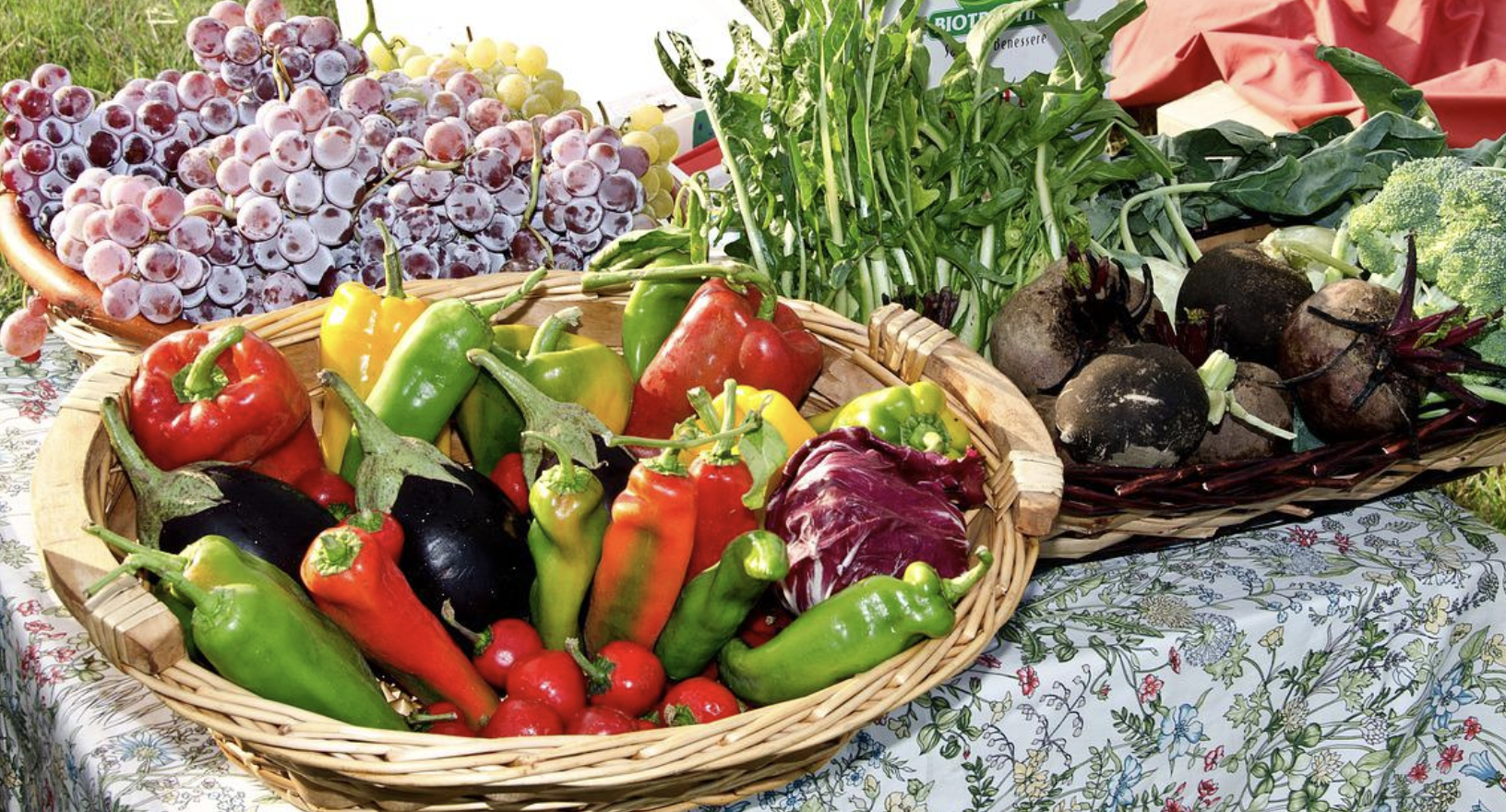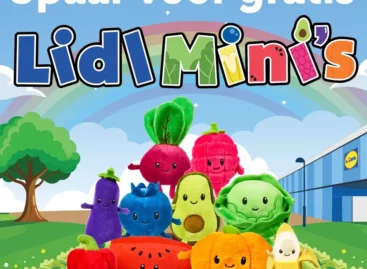Will the Netherlands become a testing ground for EU food strategies?
The Dutch government is still not budging from its radical plan to reduce nitrogen emissions, which would lead to the closure of more than 11,000 livestock farms and the slaughter of a significant part of the livestock. VG points out that the green drive that is making Dutch farmers impossible is the first practical example of the serious consequences of the full implementation of Brussels’ food strategies until 2030.

The Minister of Agriculture failed a big time
Despite farmers’ indignation and weeks of demonstrations, the Dutch government led by Mark Rutte refuses to revise the law aimed at reducing nitrogen emissions. According to the regulation, nitrogen emissions must be halved by 2030 for more sustainable agriculture. The government would achieve this primarily by drastically reducing the stock of livestock in livestock farms.
As a result of the nitrogen law, more than 11,000 animal farms are threatened with closure, while 17,000 farms should reduce the number of livestock. The measure would ruin farmers and significantly worsen the positions of Dutch agriculture. Despite its small area, the Netherlands is one of the most important food exporting countries in the world, and the impact of the measures affecting agriculture is far-reaching.
Organizations representing farmers have been fighting for months so that the planned reduction of nitrogen emissions should be achieved not by 2030, but by 2035. In addition, they objected to the calculation models for the level of nitrogen emissions and the lack of objective studies on the effects on nature conservation areas. However, the Dutch government has not yet made any concessions.
Related news
EU adopts rule to prevent destruction of unsold clothing
🎧 Hallgasd a cikket: Lejátszás Szünet Folytatás Leállítás Nyelv: Auto…
Read more >Related news
KSH: in the fourth quarter of last year, investment performance was 1.3 percent lower than a year earlier
🎧 Hallgasd a cikket: Lejátszás Szünet Folytatás Leállítás Nyelv: Auto…
Read more >









